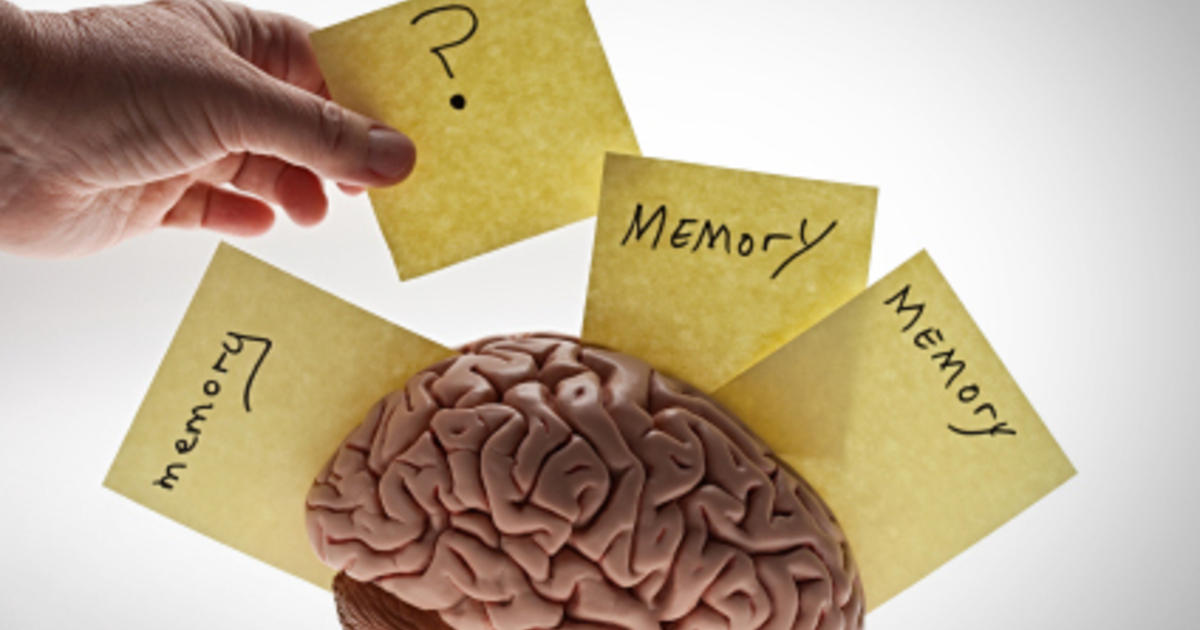Why Reading Is Beneficial For Health
Improves Memory

The mental effort we make as we read works closely with memory processing. Our brains create mental connections to store information and cues as we read. Besides forming links with new information and that which we already know, our minds automatically take in mental, emotional, visual, and tactile sensations to create a network of remembered experience. Because reading requires instant recollection of many details, such as names and places, time passage and dialog, as well as scenery and reflections, it improves memory by exercising both short-term and long-term storage ability.
Evidence indicates knowledge gained from screen reading on devices such as phones or e-readers is not as well remembered as information learned from physical books. It turns out the unique visual and tactile sensations of a paper book are embedded in the memory of what is read: those who learn best from these cues are disadvantaged by such sterile devices.
Learn more about the significant health benefits reading provides now.
Mental Stimulation

Science continues to find proof of the cognitive advantages of reading, and perhaps surprisingly, fiction is some of the most brain-building material. Forming an image in your mind of setting and action is unparalleled mental stimulation. To read a text, a reader must decode the markings that represent letters, and assemble it into an imagined scene. This process requires tremendous mental demands for focus, memory, logic, and visualization.
To illustrate the scope of cognitive horsepower that reading demands, consider the technological hardware required to run a video game. Regular computers need a special graphics card or even a dedicated console to translate code into moving images, because visual imaging is very complex and challenging to process. Visualization is an incredibly mind-expanding challenge reading provides.
Get to know more about the health benefits of reading regularly now.
